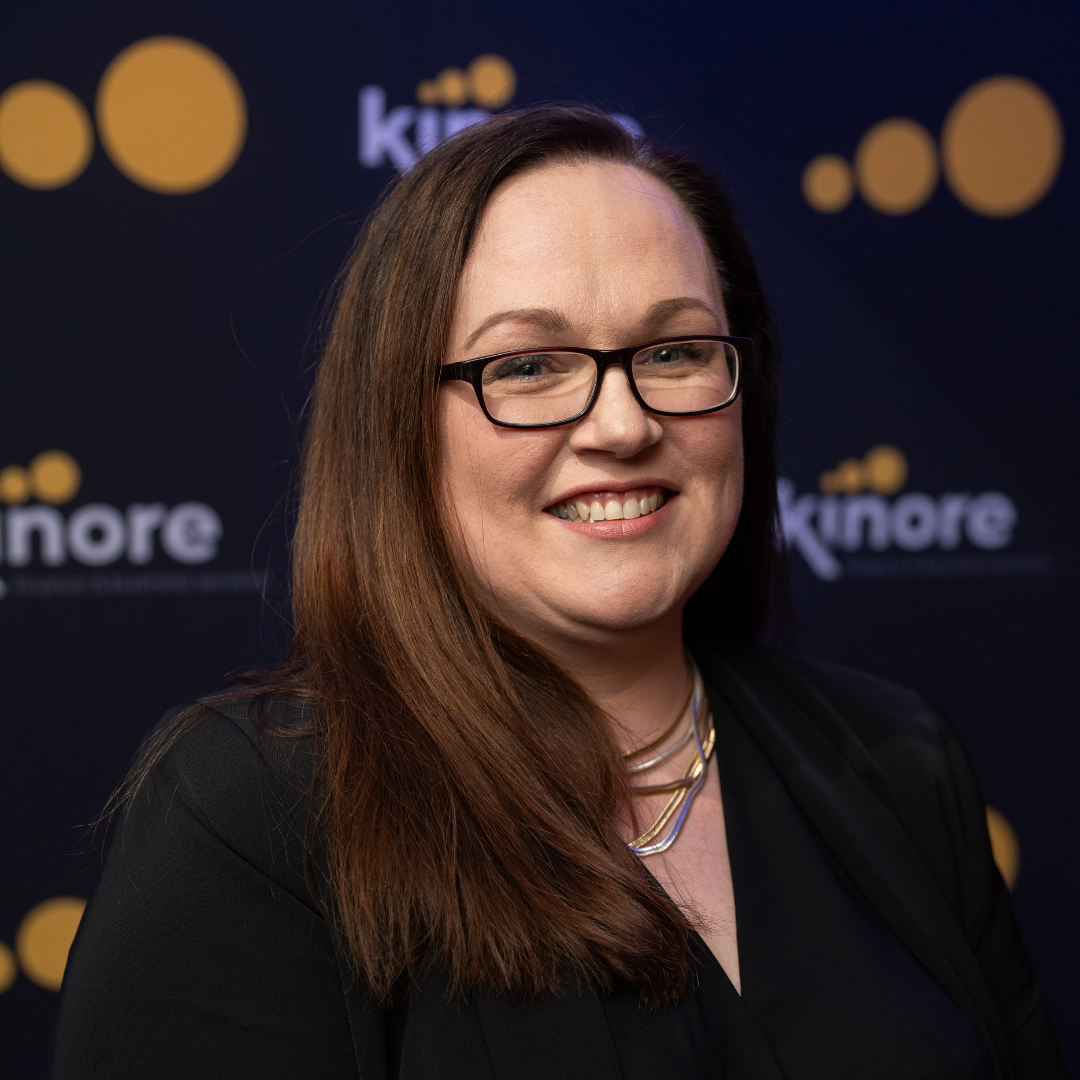Have you availed of any Covid-related income payments?
Thousands of us will have received an unpleasant New Year’s surprise from Revenue – a tax demand based on the money you were paid as part of the various State schemes supporting wages and salaries during the COVID-19 pandemic.
Since March last year, a large chunk of the workforce participated in the Temporary Wage Supplement Scheme (TWSS) or availed of the Pandemic Unemployment Payment (PUP), when they were introduced by the State.
Many people imagined that the schemes simply helped to pay their wages or provided temporary income supports – without any penalty. So, what’s happened and why are people now liable to repay tax after receiving what is known as a preliminary end-of-year statement?
Why you're getting an increased tax bill
One of the reasons you will have received a tax bill from Revenue is because when you received your TWSS or PUP payment there was no tax deducted from the funds.
But they were taxable.
Revenue stated at the introduction of these schemes that this would be the case and you would be obligated to pay PAYE and USC tax on the payments after the tax year ended. The tax demands do not apply to the Employment Wage Subsidy Scheme (EWSS) as it is taxed in the normal manner.
If you were not in receipt of payment from the TWSS or PUP schemes and received a tax bill from Revenue this is likely because you have underpaid tax on your employment income during the year.
The preliminary end of year statement is a snapshot of an individual’s tax liability for the year as per Revenue records. Not all employees will receive this statement, only employees in receipt of Covid-19 related schemes.
The Revenue website says:
“This is a preliminary calculation only. It will show if you have paid the correct amount of tax and USC for the year. It is based on the information held on Revenue’s records. The Preliminary End of Year Statement for 2020 will include any wage subsidy payments reported by your employer. Additionally, If you received the Pandemic Unemployment Payment from the Department of Social Protection, this will also be included.”
From an employer’s perspective..
There is little to worry about provided they correctly performed their employer duties in relation to the schemes correctly under the law. For employees, it’s different.
It is the employee’s obligation to pay any underpayment of tax. But one bit of good news is that Revenue is at least trying to make it easier for the underpaid tax to be paid in a variety of different ways, so if you are unable to pay your tax liability now you should contact Revenue to find out what your options are to repay. In some cases, Revenue is allowing for an adjustment to tax credits to recoup this amount.
This will come into effect from 2022 and you will have four years to repay the money in this way. The best approach now is for you to review your own preliminary end of year statement and if you have any questions or concerns about repayment, contact your Revenue office.
How to reduce your tax bill?
One way to potentially reduce your tax liability is to claim a tax credit for certain medical expenses. These expenses need to be claimed in the year they are suffered however if you have not claimed medical expenses for the previous four years, you can retrospectively claim for these on your Form 12 through your MyAccount for the relevant tax year.
Another source of relief is to claim for flat-rate expenses depending on your profession.
For both medical expenses and flat-rate expenses, it’s important to note that if there was no tax liability suffered in the year, then you will not be due a credit. Please check out the Revenue website for more details.
Talk to us for more support
This article first appeared in the Sunday Business Post, written by Kiera McFeely, Payroll Manager at Kinore, Ireland’s largest online accountancy firm which has just won Practice of the Year 2020 in the Irish Accountancy Awards.
If you have any questions or concerns about your tax bill, talk to our Client Services Team. We’re happy to tailor our services to your needs.



